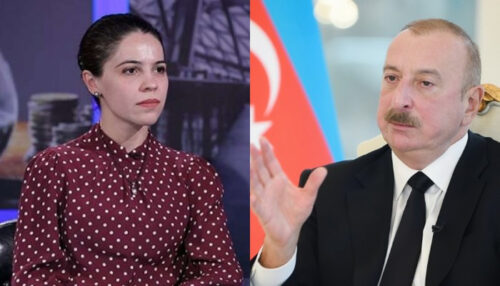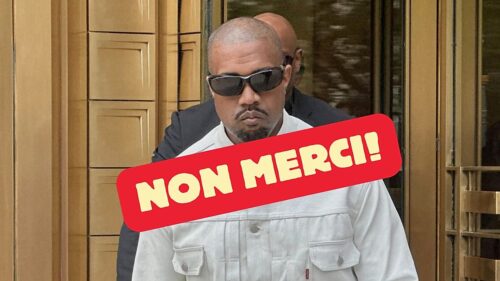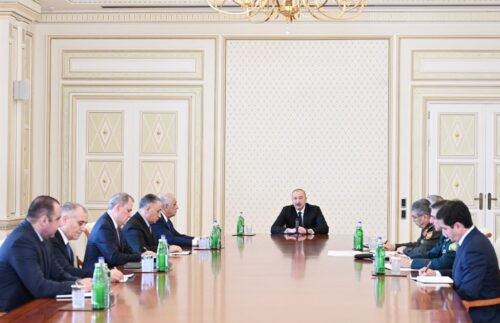
Shall we forgive the Turks?
I am a descendant of witnesses of the genocide—from all sides, maternal and paternal grandfathers were born in Aintab. We don’t know how many generations ago our ancestors settled there or who Toros indicated in my surname Karatorosyan is: Kara means “black” in Turkish, while we don’t know who Toros is. What we do know is that Mrtik Hakob (Hakob Karatorosyan), a participant in the defense battles of Aintab, was my great-uncle. My grandfather, Nerses Karatorosyan, was also born in Aintab.
My father did not have the chance to fully enjoy his father’s presence, learn, or remember how they survived. My grandfather Nerses, a survivor of the Genocide, married and emigrated from Syria to the homeland in 1946. He became a victim of Stalinist repression, was exiled, and died when my father was young.
As for my maternal side, after fleeing Aintab, the Musayans settled in Arapunar in Syria, near Kobani. It is said that it was close to the border, and they lived there for decades, hoping to cross the border soon and return home. But it didn’t happen…
My mother, at the request of her grandmother, spent decades searching for one of my grandfather’s brothers, whom they lost during the exodus. As a descendant of genocide survivors, my mother spent years trying to find familiar features among strangers, asking many questions whenever she encountered someone with the same surname… However, we never found the trace of Hovsep Musayan.
At ABC media, I am not the only descendant of genocide survivors—there are many of us, from Urfa to Bayazet, Marash to Tigranakert. Nikol Pashinyan is surprised: are there really no people whose origins are here—in Eastern Armenia? Yes, there are, Mr. Pashinyan. We also had employees who had never been displaced for five or more generations, people from Artsakh, who first took the path of exodus in 2023, leaving behind the houses that their grandparents had built.
The vast majority of our employees are from the lost parts of our homeland—Western Armenia, Cilicia, Nakhijevan, and now also Artsakh. We cannot cut ourselves off from our roots, nor deny or forget them.
We have seen and felt that history repeats itself. But we need to break the chain of repetition and change the course by understanding our own mistakes.
Unfortunately, one cannot choose its neighbors, and in this regard, we have not been lucky, to put it mildly. We must live peacefully with our neighbors, but the way to do so is not by ignoring or forgetting the past.
Am I ready to forgive the Turk—the present-day Turk? And has anyone ever apologized?
Maria Karatorosyan
Editor-in-chief of ABC media



